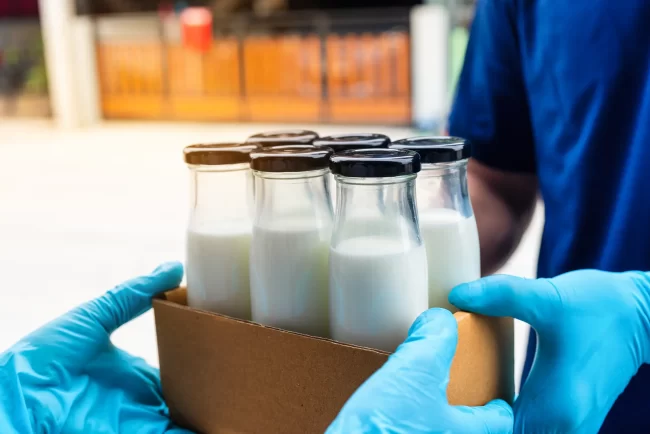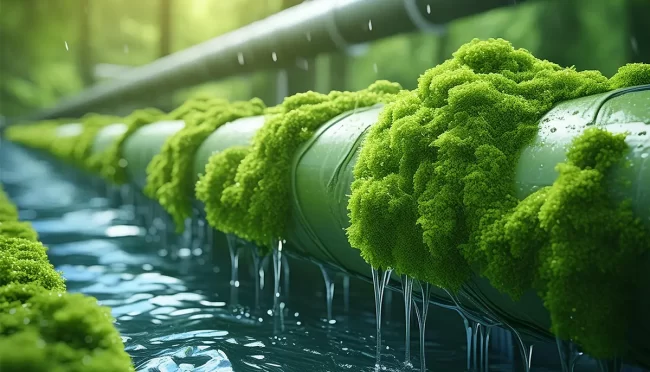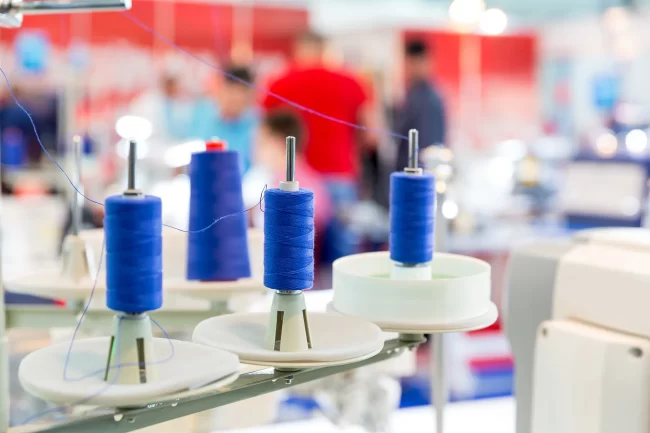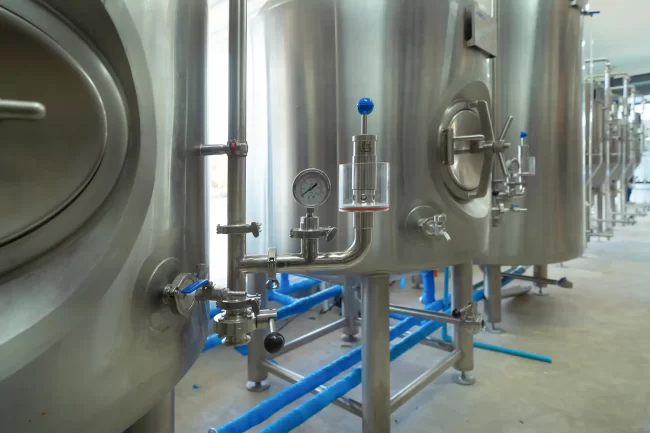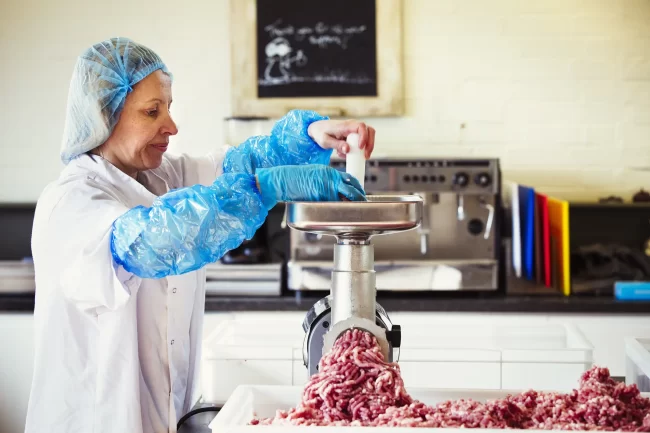Improving Aquaculture Water Quality with Chlorine Dioxide
In the aquaculture industry, maintaining optimal water quality is essential for the health and productivity of fish and other aquatic organisms. Poor water quality can lead to disease outbreaks, reduced growth rates, and high mortality, significantly impacting the profitability and sustainability of aquaculture operations. Chlorine Dioxide (ClO2) is an effective solution for controlling pathogens, improving…


